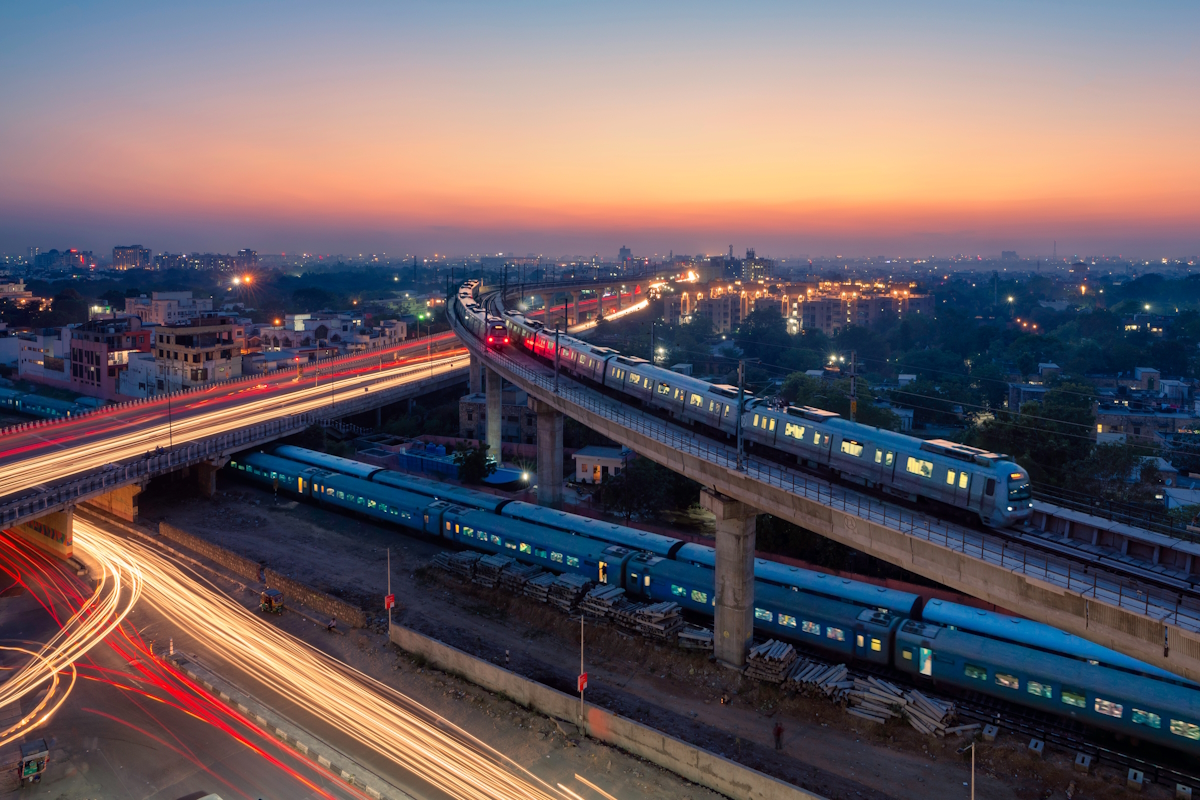Asia needs increased infrastructure investments to support its economic growth and sustainability goals. The region’s rapid economic growth has outpaced infrastructure development, leading to significant gaps. Addressing these gaps is crucial for maintaining the momentum of economic progress and ensuring sustainable development. According to the Asian Development Bank (ADB), Asia will need about $1.7 tn of infrastructure investment annually to maintain economic growth momentum, combat poverty, and mitigate climate risk.
As a recent paper by HSBC Asset Management shows, this scale of investment represents a huge long-term investment opportunity in Asian infrastructure.
There are many drivers of activity within the Asian infrastructure market, as per HSBC. One of the biggest is renewable energy. Transitioning to sustainable energy not only supports environmental goals but also enhances energy security and reduces dependency on fossil fuels. “Governments across Asia have been proactive in supporting renewable energy through incentives, subsidies, and favourable policies to meet growing demand sustainably,” the report said. “Many are moving towards providing significant support for investments in renewable energy infrastructure, positioning themselves as global leaders in renewable energy capacity.”
The report names China as one of the leaders that is investing substantially in transitioning away from fossil fuels. However, the report said 2.4x more investment is needed to reach the energy transition goals. Japan and India even need 6.4x and 9.4x more investments than current levels, respectively.
According to the HSBC report, “Those figures are large and highlight the scale of opportunity for this to aid the continued energy transition.”
Asian infrastructure – Japan stands out
According to HSBC, “Japan is playing catch-up when it comes to the move away from traditional sources of energy and towards renewables,” but it is working on it. For instance, the domestic market composition has begun to change, with more companies successfully active in the offshore wind market. Furthermore, the Japanese government has earmarked between $50-60bn to enhance grid expansion.
HSBC said that what else speaks for Japan is that global investors might already be invested in the country in equities, real estate, or fixed income. “Adding additional exposure to infrastructure can benefit investors in other ways, too, as investment in new power generation, in particular, is likely to accelerate, in our view,” the asset manager added.


 Australia
Australia China
China India
India Indonesia
Indonesia Japan
Japan Malaysia
Malaysia Philippines
Philippines Singapore
Singapore South Korea
South Korea Taiwan
Taiwan Thailand
Thailand Vietnam
Vietnam







